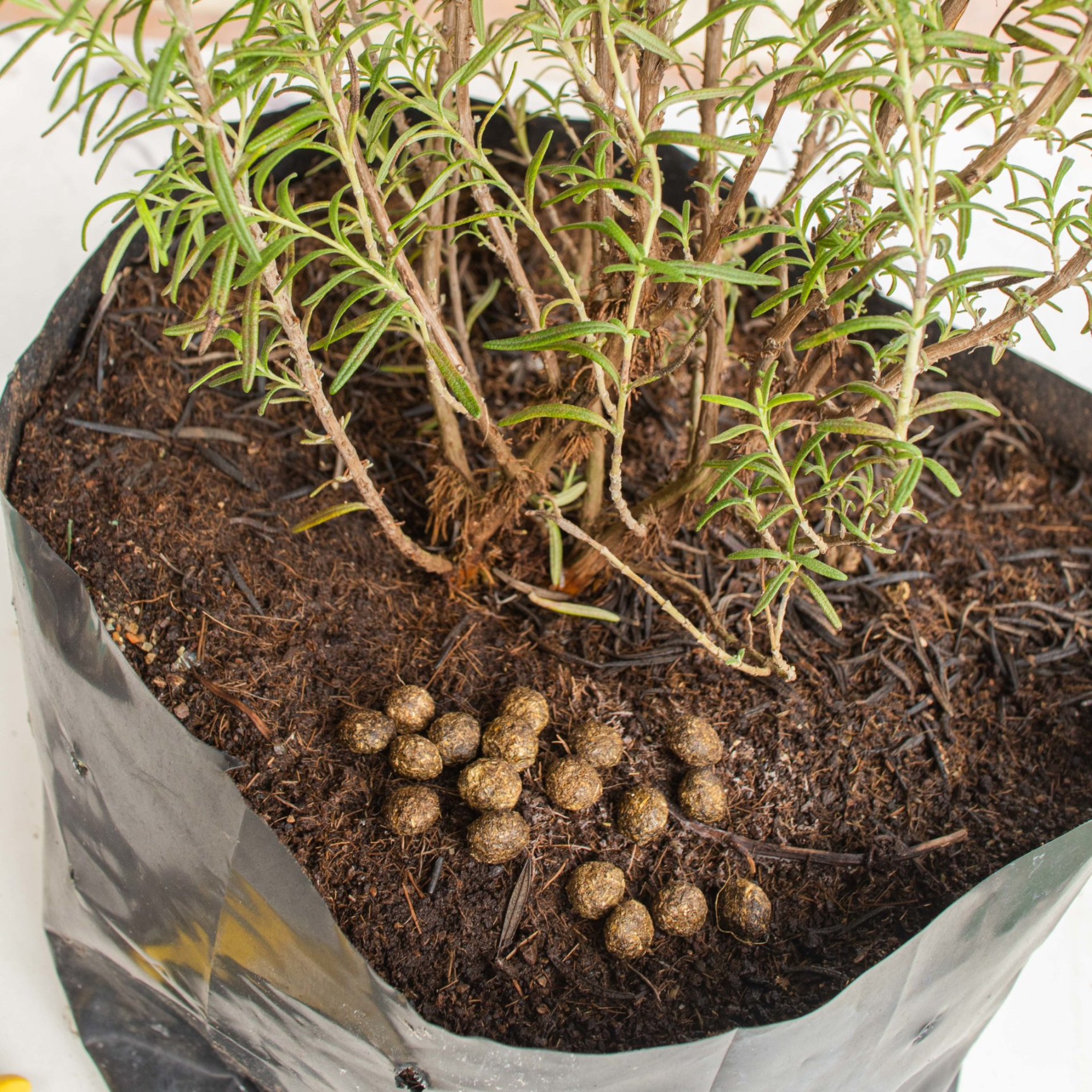How to Use Rabbit Manure As Fertilizer?
Rabbits make great pets, but did you know that their manure can also be a valuable source of fertilizer for your garden? Rabbit manure is considered one of the best organic fertilizers available, as it is rich in nutrients and beneficial microorganisms. In this article, we will explore how you can effectively use rabbit manure in your garden to enhance soil fertility and promote healthy plant growth.

1. Collecting Rabbit Manure
The first step in using rabbit manure as fertilizer is to collect it. One of the easiest ways to collect rabbit manure is by placing a tray or a litter box underneath the rabbit’s cage. This will allow the manure to be collected directly, without any extra effort. Alternatively, you can also let your rabbits roam in a designated area of your garden, and their droppings will naturally fertilize the soil.
2. Composting Rabbit Manure
Composting rabbit manure is an essential step to ensure that it is safe to use as fertilizer. Fresh rabbit manure is too high in nitrogen and can burn your plants if applied directly. By composting it, you allow the manure to decompose, reducing its nitrogen content and creating a nutrient-rich amendment for your soil.
To compost rabbit manure, you can follow these steps:
- Start by creating a compost pile or bin in a well-ventilated area of your garden.
- Add a layer of carbon-rich materials, such as dried leaves or straw, to the bottom of the pile.
- Layer the rabbit manure on top of the carbon-rich materials.
- Add another layer of carbon-rich materials to cover the manure.
- Repeat the layers until you have used up all the manure.
- Water the pile to ensure it stays moist, but not soaking wet.
- Turn the compost pile regularly to aerate it and speed up the decomposition process.
- After a few months, the rabbit manure will have fully decomposed and transformed into nutrient-rich compost.
3. Applying Rabbit Manure
Once the rabbit manure has been composted, you can apply it to your garden to improve soil fertility and provide essential nutrients to your plants. Here are some ways to effectively use rabbit manure as fertilizer:
- Top Dressing: Spread a layer of composted rabbit manure around the base of your plants, ensuring not to cover the stems or foliage. This will slowly release nutrients into the soil and promote healthy plant growth.
- Compost Tea: Steep a bag of composted rabbit manure in a bucket of water for a few days. Use this nutrient-rich liquid to water your plants or use it as a foliar spray to provide an instant boost of nutrients.
- Mixing with Potting Soil: Incorporate composted rabbit manure into your potting soil mix to provide a slow-release source of nutrients for your container plants.
Note: It is essential to dilute compost tea or mix composted rabbit manure with potting soil to avoid over-fertilization, as rabbit manure is potent.
Frequently Asked Questions (FAQs)
Can I use fresh rabbit manure as fertilizer?
No, fresh rabbit manure is too high in nitrogen and can burn your plants. It is crucial to compost rabbit manure before using it as fertilizer.
How long does it take for rabbit manure to decompose?
The time required for rabbit manure to fully decompose depends on various factors such as temperature, moisture, and aeration. On average, it takes around 3-6 months for rabbit manure to transform into nutrient-rich compost.
Can I use rabbit manure on all types of plants?
Yes, rabbit manure can be used on a wide variety of plants, including vegetables, fruits, flowers, and herbs. However, it is always a good idea to do a soil test to determine the nutrient requirements of your specific plants.
Is rabbit manure safe for edible plants?
Yes, rabbit manure is safe for edible plants. Unlike some other animal manures, such as poultry manure, rabbit manure does not contain high levels of pathogens, making it safe to use on vegetables and other edible crops. However, it is vital to compost the manure before using it to avoid any potential risks.
By utilizing rabbit manure as fertilizer, you not only make use of a readily available resource but also contribute to the overall health and productivity of your garden. Remember to compost the manure and apply it properly to ensure maximum benefits while avoiding over-fertilization. With proper usage, your plants will thrive and reward you with bountiful harvests.
Related Articles…
Copyright Notice:
This website utilizes images found online, all copyrights are retained by their original owners. If you would like an image removed, kindly contact us.